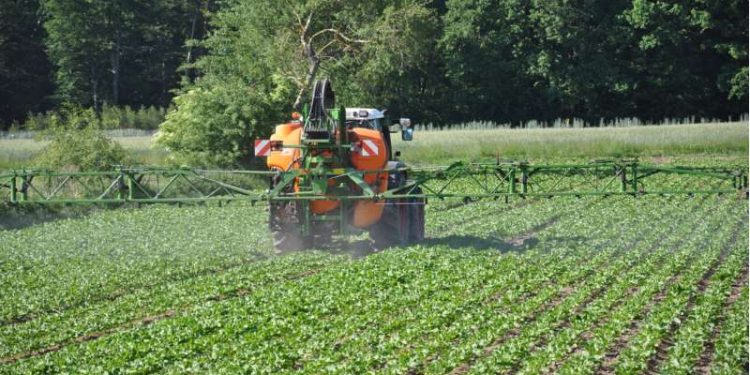Delve into the critical issue of chemical usage in agriculture and its impact on biodiversity. This article explores the latest research findings on the link between chemicals and biodiversity loss, highlighting the need for sustainable farming practices. It aims to provide valuable insights for farmers, agronomists, agricultural engineers, farm owners, and scientists working in the field of agriculture.
The use of chemicals in agriculture has long been a subject of concern due to its potential impact on biodiversity. According to a recent article on Phys.org, research has shed light on the detrimental effects of chemicals on ecosystems, including the loss of biodiversity. This article dives into the data surrounding this issue and emphasizes the urgency for sustainable approaches to mitigate biodiversity loss in agricultural practices.
Studies have revealed that the use of synthetic pesticides, herbicides, and fertilizers in agriculture can have significant repercussions on biodiversity. Chemicals can directly harm non-target organisms, such as beneficial insects, pollinators, and soil microorganisms, disrupting the delicate balance of ecosystems. Additionally, they can indirectly impact biodiversity by altering food chains and reducing habitat availability for various species.
Data from a variety of sources suggests that the widespread use of chemicals in agriculture has led to declines in populations of bees, butterflies, birds, and other wildlife, affecting the overall biodiversity of agricultural landscapes. For instance, a study conducted by researchers at the University of Sussex found that pesticide exposure significantly reduced the abundance and diversity of bees and other pollinators, posing a threat to crop pollination and food production.
To mitigate the impact of chemicals on biodiversity, sustainable farming practices are essential. Embracing approaches such as integrated pest management (IPM), organic farming, agroecology, and precision agriculture can minimize the reliance on synthetic chemicals and promote the use of alternative methods that are more environmentally friendly. These practices focus on holistic pest and nutrient management, emphasizing the conservation of beneficial organisms and the enhancement of ecosystem services.
In conclusion, the link between chemical usage in agriculture and biodiversity loss is a pressing concern that demands immediate attention. As farmers, agronomists, agricultural engineers, farm owners, and scientists, it is crucial to adopt sustainable farming practices that reduce the reliance on synthetic chemicals and prioritize the protection of biodiversity. By implementing these practices, we can strike a balance between agricultural productivity and environmental stewardship, safeguarding the diverse ecosystems that underpin our food systems.
Tags: Agriculture, Chemicals, Biodiversity, Sustainable Farming, Pesticides, Herbicides, Fertilizers, Integrated Pest Management (IPM), Organic Farming, Agroecology, Precision Agriculture, Environmental Stewardship.







